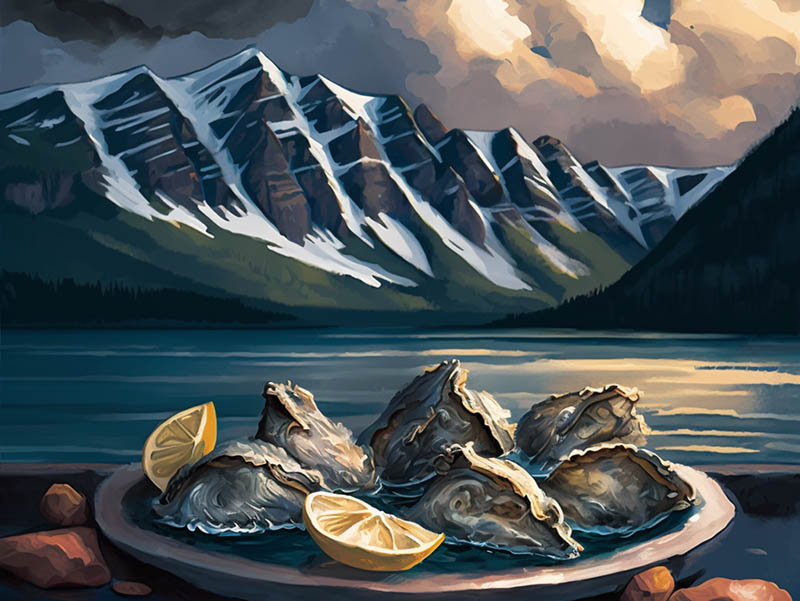Rocky Mountain oysters are a unique dish that is popular in the western United States. Despite their name, these “oysters” are not seafood but rather a culinary creation made from a unique ingredient. So why Rocky Mountain oysters are called so, and what are the reasons behind their unusual name?
What Are Rocky Mountain Oysters?
They are a type of food made from bull or bison testicles. These testicles are typically breaded and fried and served as an appetizer or main course. While the idea of eating bull or bison testicles may seem unusual to some, they are considered a delicacy in many parts of the western United States.
Origins and History
The exact origins of Rocky Mountain oysters are unknown, but they are believed to have been a part of the diet of Native American tribes in the region. In the 1800s, when cattle ranching became a popular industry in the western United States, bull testicles became a popular food item among cowboys and ranch hands. The dish was initially called “prairie oysters” and was often served at local festivals and fairs.

The Name “Rocky Mountain Oysters”
The name “Rocky Mountain oysters” is a relatively recent invention, and there are several theories about how the name came to be. One popular theory is that the dish was given its name to make it more palatable to non-native diners. The name “oyster” was added to the dish to make it sound more appealing and less intimidating.
Another theory is that the name of this dish was a way for ranchers to play a joke on unsuspecting diners. When asked what was in the dish, ranchers would tell customers that they were eating oysters from the nearby Rocky Mountains, leading to confusion and surprise when the true ingredients were revealed.
Conclusion
The origins of the dish can be traced back to the early days of cattle ranching in the western United States, and it has since become a popular delicacy in many parts of the region. While its name may have been invented as a marketing ploy or practical joke, it has become synonymous with the dish and is now a part of its cultural identity.


